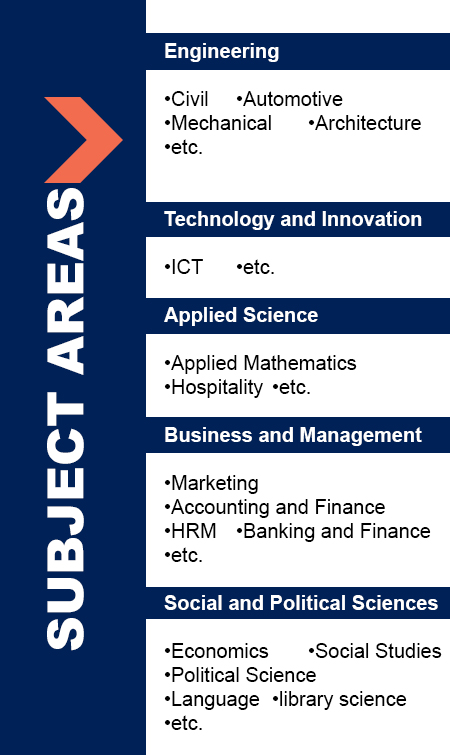SME Growth and Performance: Examining performance dimensions, drivers and Barriers
DOI:
https://doi.org/10.47127/ijtmr.v5i2.88Keywords:
Entrepreneur, Growth, Sustainability, SMEsAbstract
This study examined SME performance dimensions, including the drivers and barriers to the growth of SMEs. Data for the study was collected from 175 respondents comprising CEOs, MDs and other staffs from SMEs in the Eastern region using the survey method. Data was analyzed using SmartPLS software. The study established that shared responsibility between management and staff, strong leadership and economic opportunities are key factors influencing growth. Entrepreneurial knowledge, experience and educational background are highly predicted when it comes to performance dimension of growth and financial sustainability. However, turbulent marketing conditions; lack of focus and strategic direction resulting from the owner’s absence; lack of financing, managerial and technical skills; poor political and economic environment together with the influx of foreign goods on the domestic market were established to adversely affect firm growth. SMEs’ growth would, undoubtedly, contribute significantly to improvement in Ghana’s GDP, with the potential for job creation for the increasing youth population, hence, appropriate political leadership is required to drive the agenda of SME growth. It is therefore recommended that responsible state agencies such as Ministry of Trade and Industry, NBSSI, in collaboration with financial institutions design and advance soft financial loans and/or assistance to identified distressed SMEs through their registered associations. Besides, government should rope SMEs in the implementation of its One District One Factory policy to attract the necessary state support.
Citation: Lomatey Isaac Toku, Frank Takyi, Smile Dzisi, and Joshua Ofori-Amanfo. SMEs growth and performance: performance dimensions, drivers and Barriers, 2020; 5(2): 36-47.
Received: March 8, 2019
Accepted: March 31, 2020








